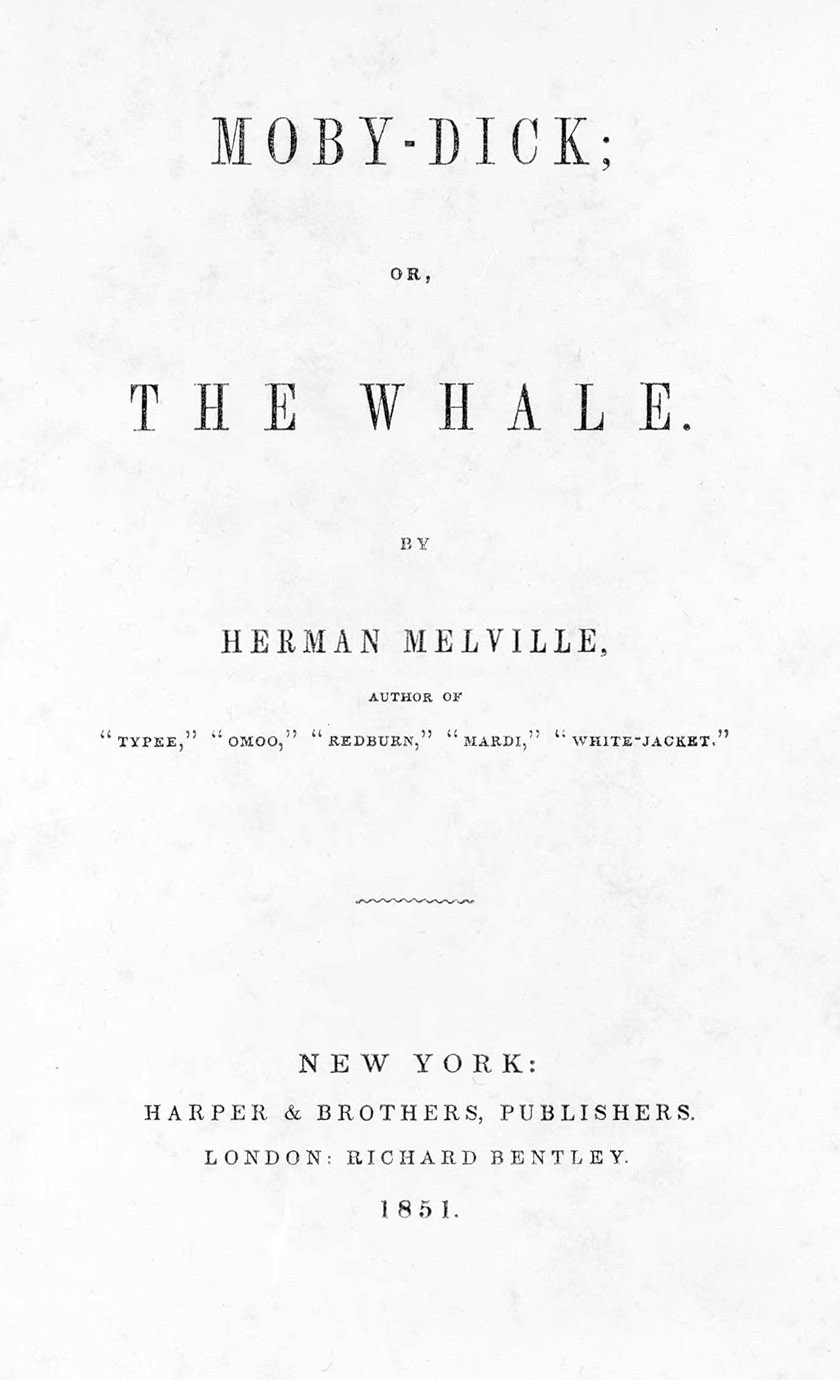One hundred ninety-one years ago (November 20, 1820) was the event that started it all, for us Marathoners: The
whaleship Essex, out of Nantucket and hunting in the south Pacific, was struck and sunk by a large sperm whale. The crew of twenty set out in three whaleboats. Eight survived.
 |
| Owen Chase |
Owen Chase (1798-1869) was the first mate on the
Essex. He wrote about the incident in
Narrative of the Most Extraordinary and Distressing Shipwreck of the Whale-Ship Essex.
On July 23, 1841, the whaleship
Acushnet gammed with the
Lima about 2000 miles west of Ecuador. At this gam, Melville met Owen's son, William Henry Chase, and "
first held a copy of Chase's Narrative."
Melville recalled years later, "The reading of this wondrous story upon the landless sea, & close to the very latitude of the shipwreck, had a surprising effect upon me." (
Herman Melville, v.1; Hershel Parker, 1996)

